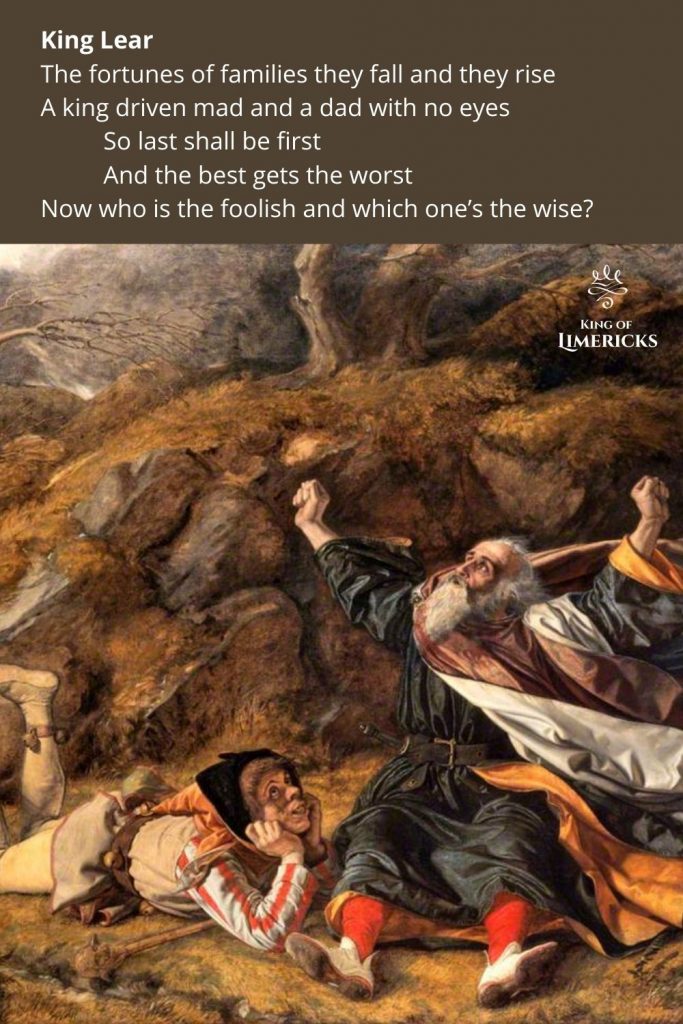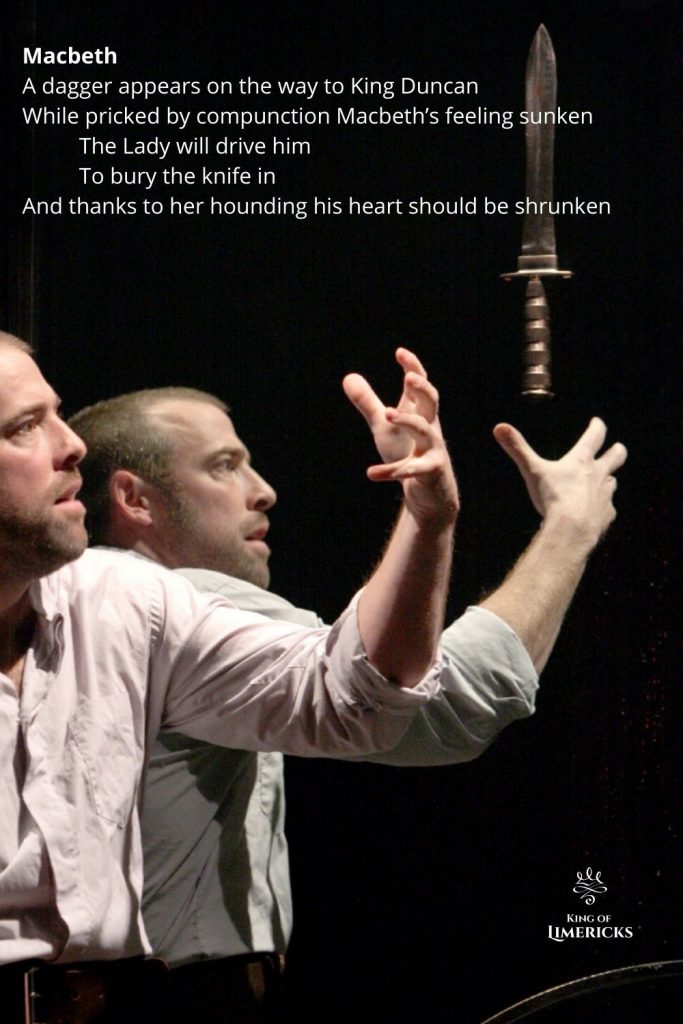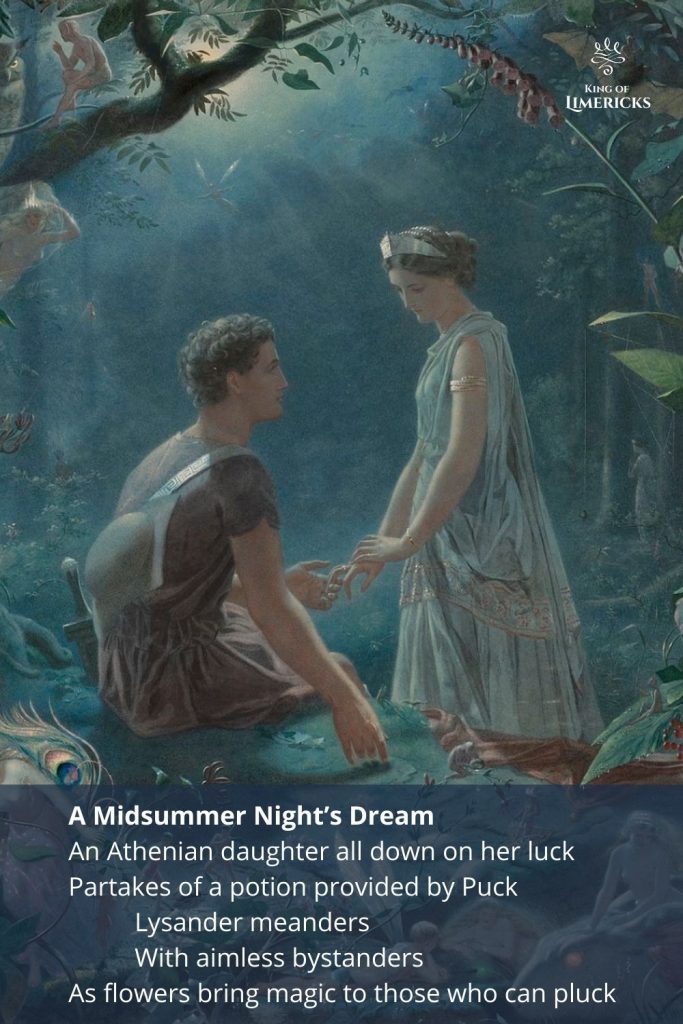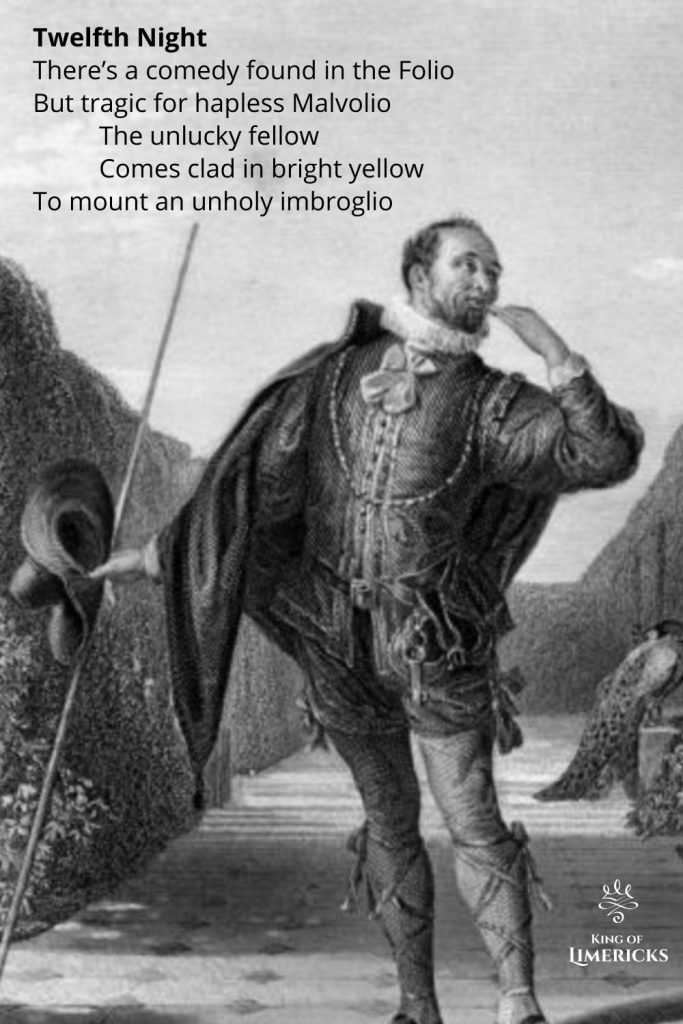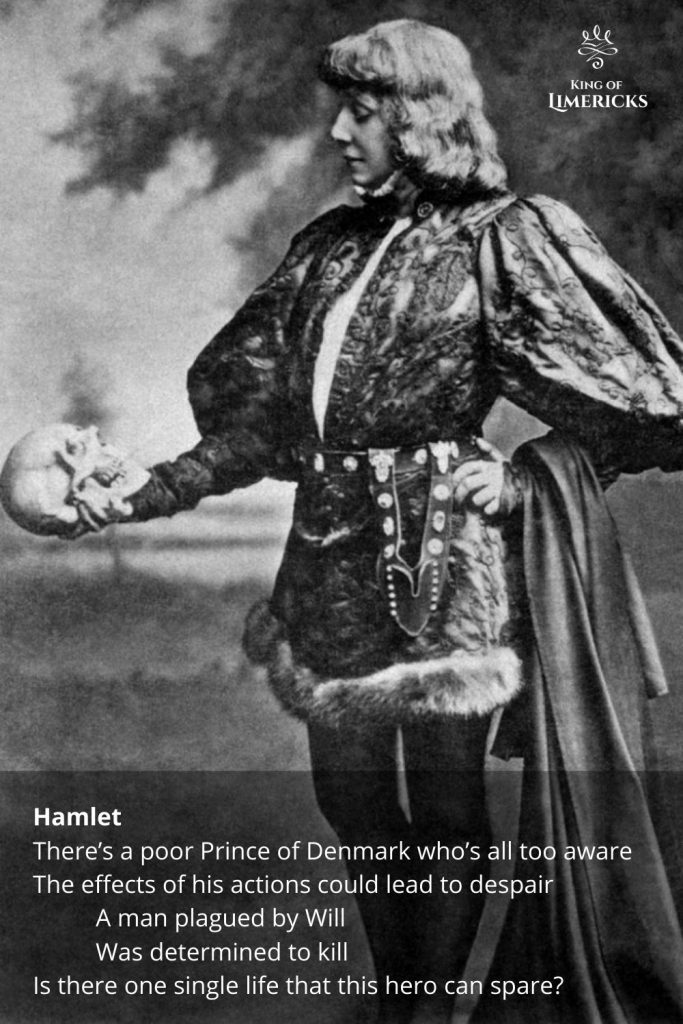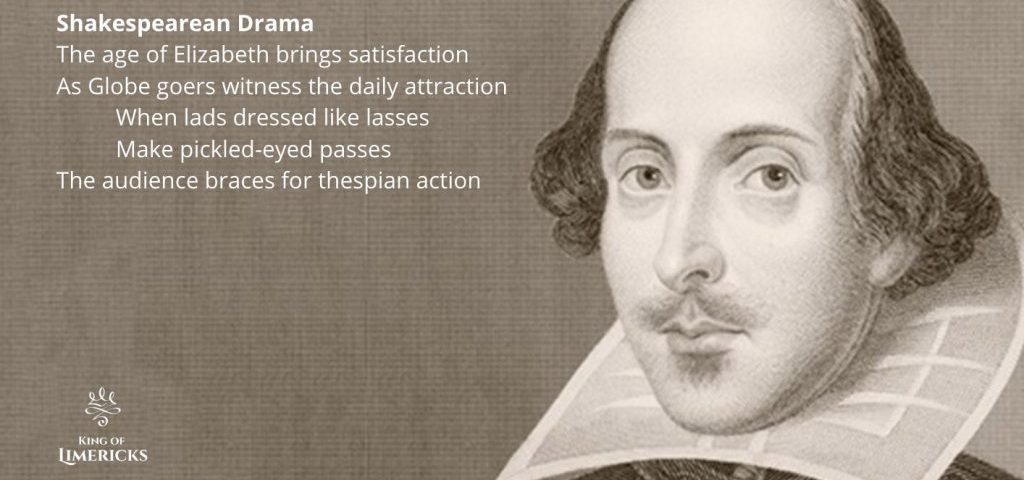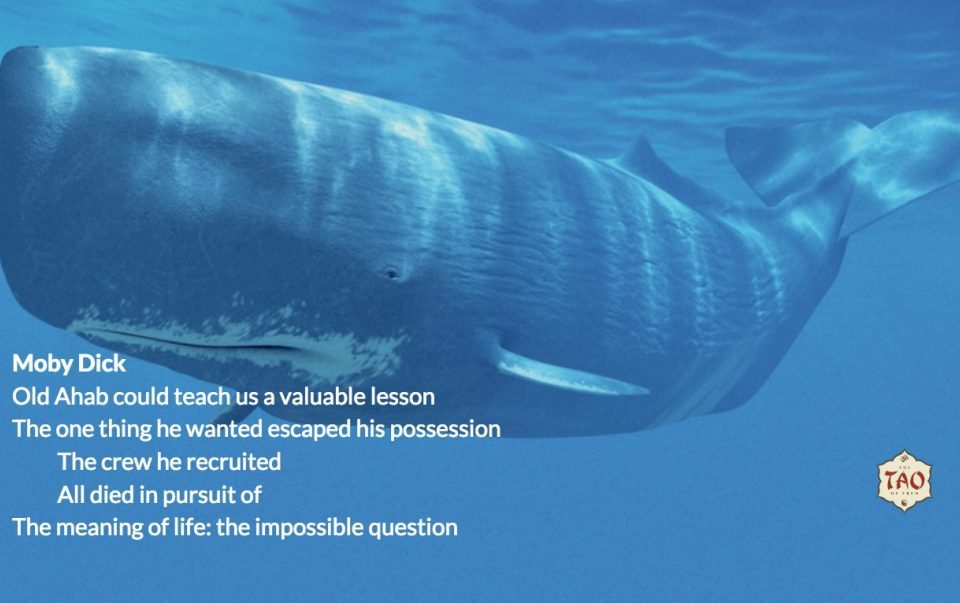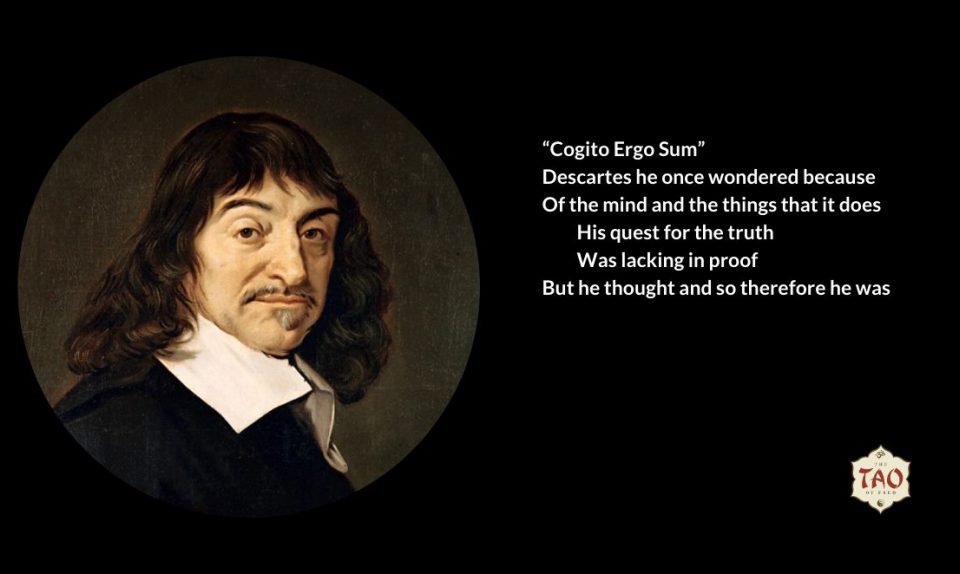
Limericks about the New Testament

Limericks about the Book of Genesis
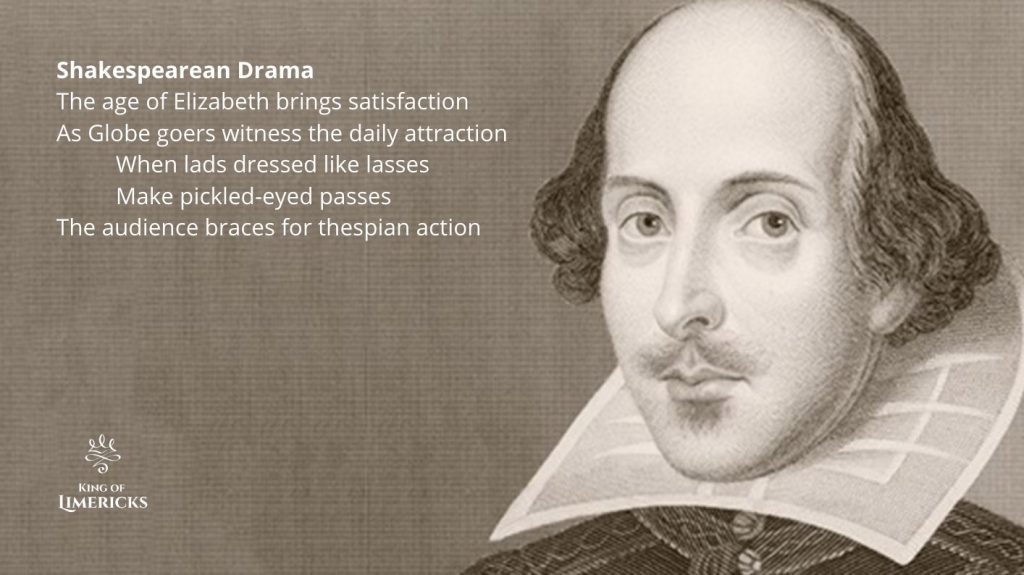
To be a serious poetry enthusiast, or not to be a serious poetry enthusiast. That is the question. Rocking in iambic pentameter, or galloping in the anapest of a limerick, we all owe a great debt to Shakespeare.
If you have any appreciation for poetry, you must have some familiarity with William Shakespeare, who basically invented English-language drama and poetry as we know it. The following collection of original limericks about Shakespeare demonstrates my own earnest interest and profound passion for the unforgettable works of the Bard.
Literary snobs may look down on Limericks as a genre of lesser value and substandard substance. But in the privacy of their oak and leather-paneled Man Caves, and Lady Lairs, it’s a guilty pleasure that even the most hifalutin scholar can hardly resist. And to make that furtive diversion even more satisfying, we slip in a few limericks about Shakespeare to add a subtle sense of sophistication.
This particular compilation of limericks not only smothers the Bard with adulations, but also offers genuine insights into some of Shakespeare’s most important dramas.
A limerick for Shakespearean theatre
Shakespearean Drama
The age of Elizabeth brings satisfaction
As Globe goers witness the daily attraction
When lads dressed like lasses
Make pickled-eyed passes
The audience braces for thespian action
The Globe Theatre opened in London in 1599. Before burning down in 1613, the Globe produced several of the Bard’s best-known plays. In those days it was common for men to perform the roles of women. It was also not unusual to hear dramatists and theatre goers slinging such insults as a “poisonous bunch-backed toad“ (from Richard III), or a “bolting-hutch of beastliness” (from Henry IV, part I), or even “a most notable coward, an infinite and endless liar, an hourly promise breaker, the owner of no one good quality” (from All’s Well That Ends Well).
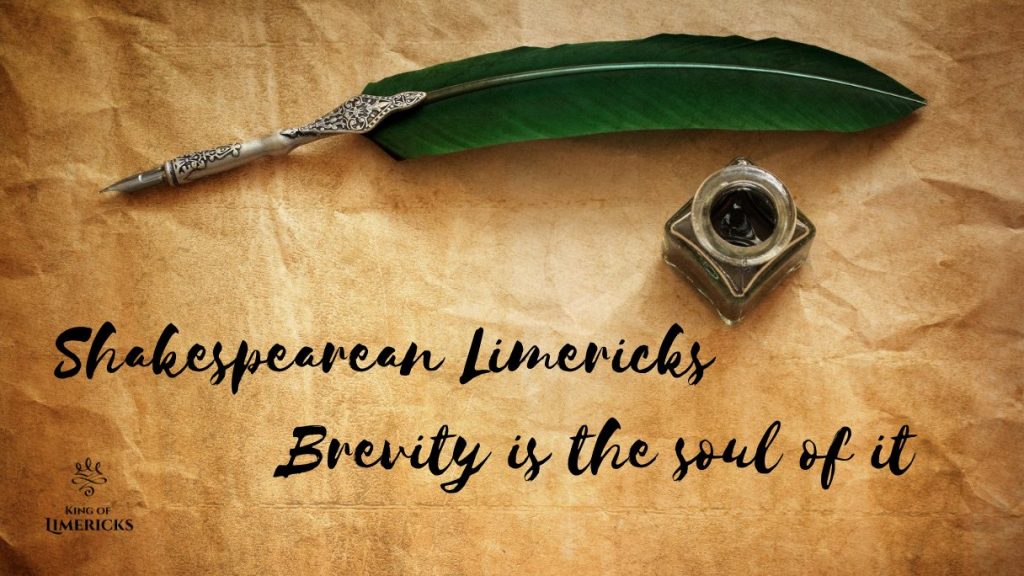
Limericks about the Plays of Shakespeare
Romeo and Juliet
There’s a melodramatic persona
Who played tricks on the boys of Verona
But her message came late
And such was their fate
To be star-crossed by fears of corona
This oft-overlooked detail from the tragic tale of the star-crossed lovers is especially pertinent in the age of COVID-19. Spoiler alert: In the climactic action, Juliet fakes her death to trick the people of Verona. Romeo is supposed to be in on the ruse, but he never gets the memo from his scheming sweetheart.
In Act V, scene i, Friar John explains that he could find no one to deliver the message, “So fearful were they of infection.” This too was a time of plagues in Europe, and his audience would have understood the reference. So here’s one more tragedy we can blame on the quarantine!
A Midsummer Night’s Dream
An Athenian daughter all down on her luck
Partakes of a potion provided by Puck
Lysander meanders
With aimless bystanders
As flowers bring magic to those who can pluck
In this masterpiece of dramatic comedy, the trickster sprite, Puck, places a drop of love potion in the eyes of Hermia’s beloved Lysander, causing him to forsake Hermia and turn his affections towards Helena instead. Eventually the fairies employ a magic flower to reverse the potion. And following a knee-slapping performance by Bottom the weaver and his merry band of meandering mechanicals, the lovers reunite and live happily ever after.
The Merchant of Venice
There once was a Merchant from Venice
Sectarians called him a menace
Though Shylock hath eyes
Hands, organs and thighs
He was judged by the shape of his penis
The anti-Semitic sentiments expressed in this play have not weathered well under the scrutinous test of time. And yet the play contains some of the most memorable lines in all of Shakespeare, as uttered by the circumcised moneylender, Shylock: “Hath not a Jew eyes? Hath not a Jew hands, organs, dimensions, senses, affections, passions… If you prick us do we not bleed?” (Act III, scene i)
Twelfth Night
There’s a comedy found in the Folio
But tragic for hapless Malvolio
The unlucky fellow
Comes clad in bright yellow
To mount an unholy imbroglio
One of the playwright’s most chuckle-inducing strokes of genius, Twelfth Night is also one of the most difficult storylines to synopsize. The layers of misunderstanding and miscommunication pile on so thick, you need Quince the Carpenter’s circular saw to cut through it. And you’ve got enough gender bending to make a 21st century metrosexual wiggle in his or her seat.
Poor Malvolio, proud and prudish, finds himself at the butt of many piquant pranks. The greatest of which requires him to dress in yellow tights for the ironic amusement of the countess Olivia. After serving a stretch in the dungeon for the criminally insane, the steward is released, discharged and disgruntled.
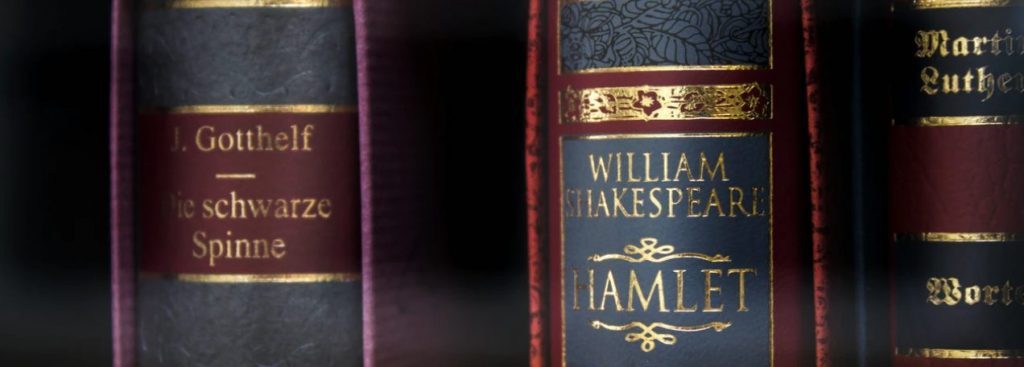
Hamlet
There’s a poor Prince of Denmark who’s all too aware
The effects of his actions could lead to despair
A man plagued by Will
Was determined to kill
Now show me a life that this hero can spare
Oedipal Hamlet
According to Freud it was merely a complex
He seems to have taken the prince out of context
His words could astound
With thoughts so profound
And his feelings were more than a primitive reflex
A work like Hamlet requires more than one limerick to do justice. The fact is, more books have been written about Hamlet than any other figure in history, living or dead, real or fictional, besides Shakespeare himself. Because to write about Hamlet, after all, is to write about Shakespeare.
Sigmund Freud wrote an analysis of the Danish Prince, reducing him to a mere symbol of the Oedipal complex. A closer reading of the play, however, makes it hard to believe that the boy was so truly in love with his mother. Indeed, this was a man of complex and conflicting emotions.
Othello
Beware of the Honest Iago
The noble Othello’s dark shadow
Two sides of a coin
A black ram in the loin
And a two-faced untrusting commando
The “beast with two backs” (spoken of in Act I, scene i) might just as easily refer to the duality that persists within every human psyche. Consider Dostoyevsky’s The Double or Edgar Allen Poe’s William Wilson, as some of the must explicit literary examples. The theme also pervades the long tradition of German philosophy, from the Hegelian Dialectic to Nietzsche’s rivalry between Apollo and Dionysius.
Though they play absolute adversaries, Iago and Othello are mortally (and immortally) bound by what they have in common. Above all, they both distrust and ultimately murder their innocent wives.

King Lear
The fortunes of families they fall and they rise
A king driven mad and a dad with no eyes
So last shall be first
And the best gets the worst
Now who is the foolish and which one’s the wise?
Among other things, this late tragedy of Shakespeare’s explores the loss of eyesight, the reversal of roles and the reversal of fortunes. The Fool at one point says to King Lear: “Dost thou know the difference, my boy, between a bitter fool and a sweet one?” (Act I, scene iv, line 137)
Similarly, Cordelia, the most loyal and worthy daughter, loses her rightful inheritance, and the kingdom goes to her dishonest sisters. Meanwhile, Gloucester loses his eyesight and King Lear loses his mind.
Macbeth
A dagger appears on the way to King Duncan
While pricked by compunction Macbeth’s feeling sunken
The Lady will drive him
To bury the knife in
And thanks to her hounding his heart should be shrunken
Act II, scene i of this epic tragedy — my personal favorite of Shakespeare’s — features a hallucinated dagger, foreshadowing the murder of Duncan which immediately follows. But it also brings to mind the prick of conscience which Macbeth feels, though the Lady does not.
An allusion to Tarquin the rapist in the same scene draws parallels between murder and manhood, comparing homicide to a sexual act. As such, the unctuous Macbeth must prove his manhood to his overbearing wife, or so the reference would suggest.
Conclusions
With any luck, your assiduous reading has enabled you to perceive the method of this madness. The 16th-century language of Shakespeare is not always easy for modern readers to decipher, and yet his insights into human nature are absolutely timeless. By transcribing these messages into whimsical limericks, I hope I’ve made them more accessible and memorable for students and pundits alike.
Further Reading
If you enjoyed these limericks about Shakespeare and his indelible dramas, please consider sharing the post or subscribing to the blog. You might also want to check out some of these popular articles:
- Limericks about James Joyce and Ulysses
- 9 Penetrating Limericks about Dostoyevsky
- 9 Knowledgeable Limericks about Kierkegaard
- Erudite Limericks about Existentialism
- Edward Lear and the mysterious origins of the Limerick
